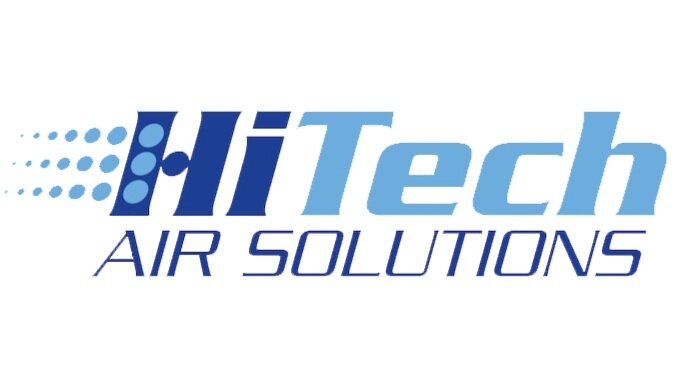KEY FACTS - HAI (Healthcare Associated Infections)
Health care-associated infections, or infections acquired in health-care settings are the most frequent adverse event in health-care delivery worldwide.
Hundreds of millions of patients are affected by health care-associated infections worldwide each year, leading to significant mortality and financial losses for health systems.
Of every 100 hospitalized patients at any given time, 7 in developed and 10 in developing countries will acquire at least one health care-associated infection.
The endemic burden of health care-associated infection is also significantly higher in low- and middle-income than in high-income countries, in particular in patients admitted to intensive care units and in neonates.
While urinary tract infection is the most frequent health care-associated infection in high-income countries, surgical site infection is the leading infection in settings with limited resources, affecting up to one-third of operated patients; this is up to nine times higher than in developed countries.
In high-income countries, approximately 30% of patients in intensive care units (ICU) are affected by at least one health care-associated infection.
In low- and middle-income countries the frequency of ICU-acquired infection is at least 2─3 fold higher than in high-income countries; device-associated infection densities are up to 13 times higher than in the USA.
Newborns are at higher risk of acquiring health care-associated infection in developing countries, with infection rates three to 20 times higher than in high-income countries.
Extensive testing shows that our technology has been proven to destroy bacteria and viruses, on surfaces and in the air.” The results are in collapsing timeframes to help in the healing process.
Our Products
Get in touch.
Need Help? Contact Us!

